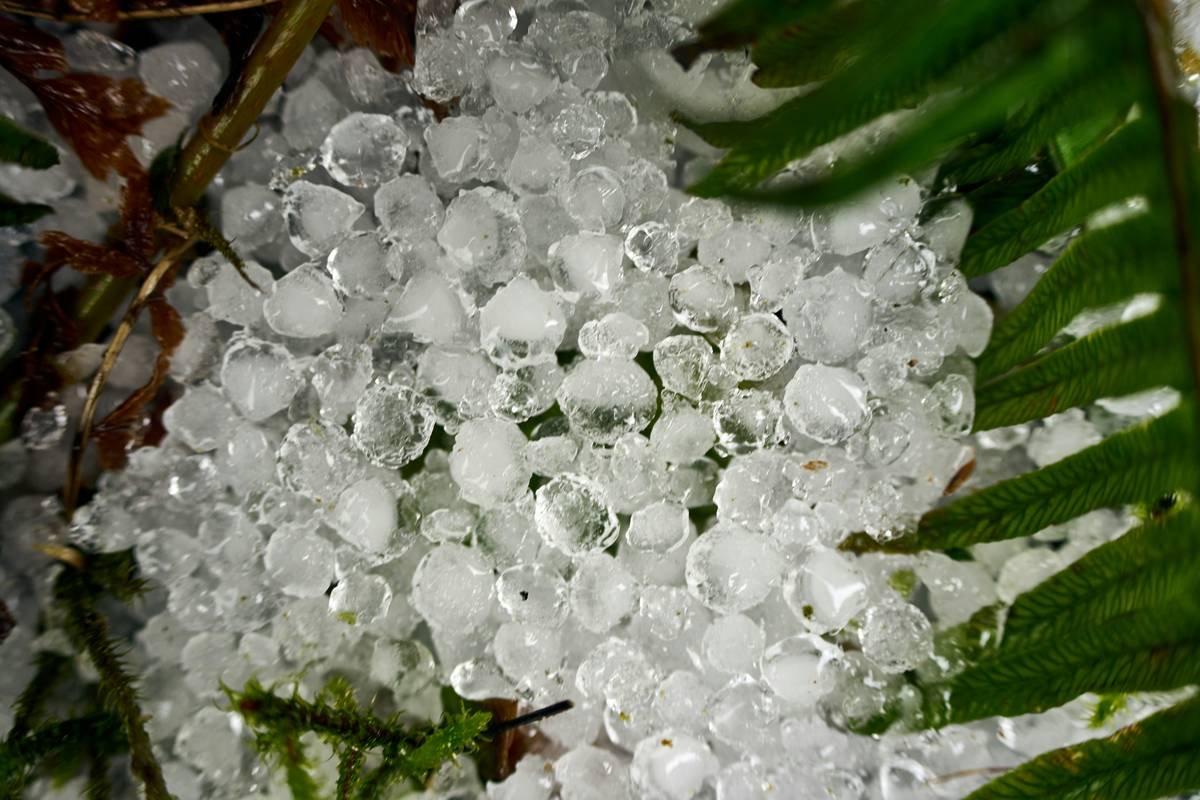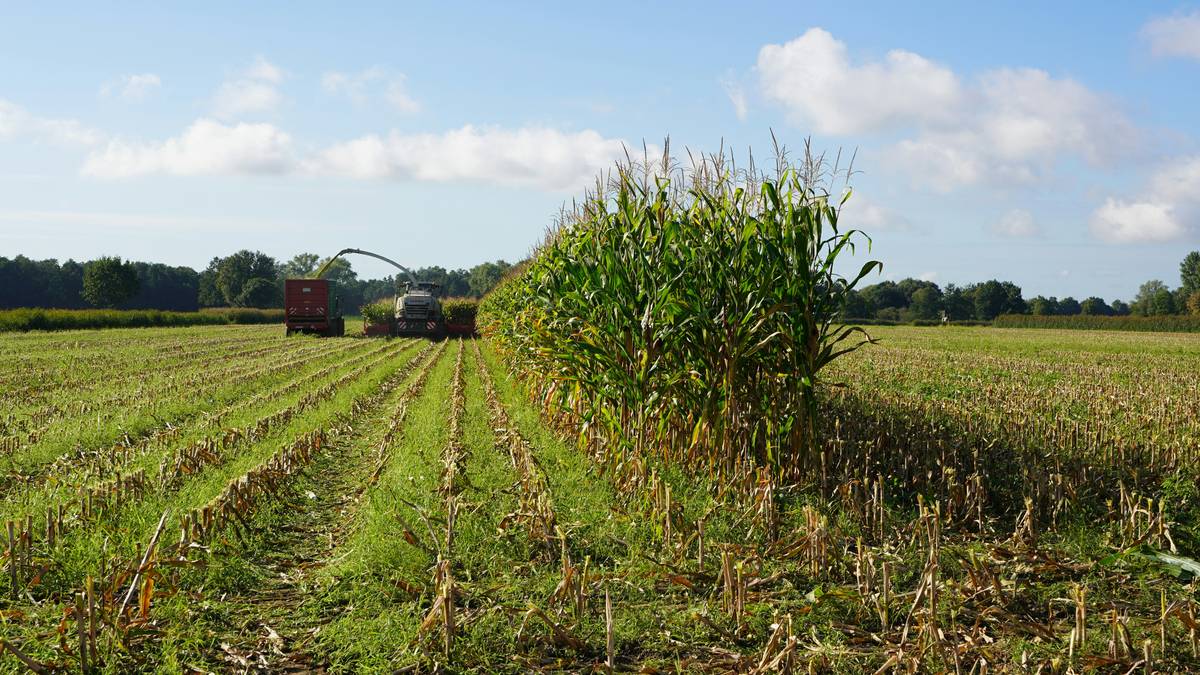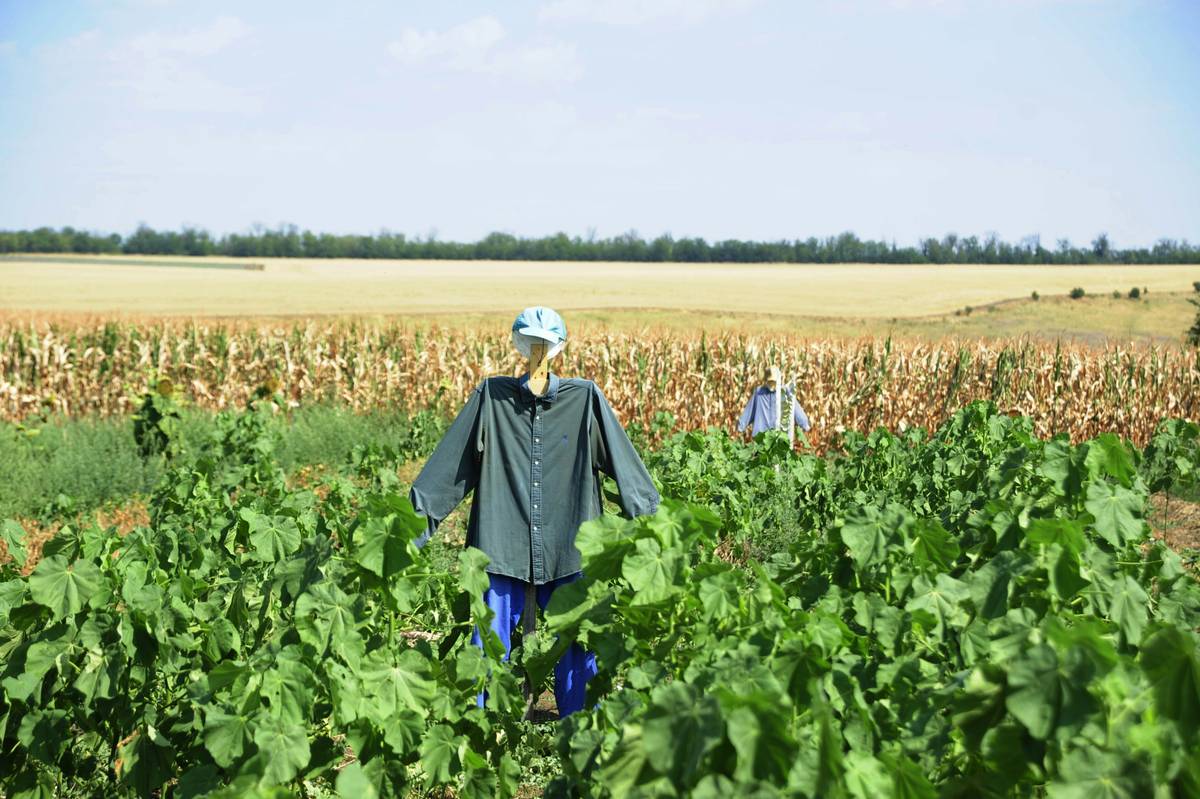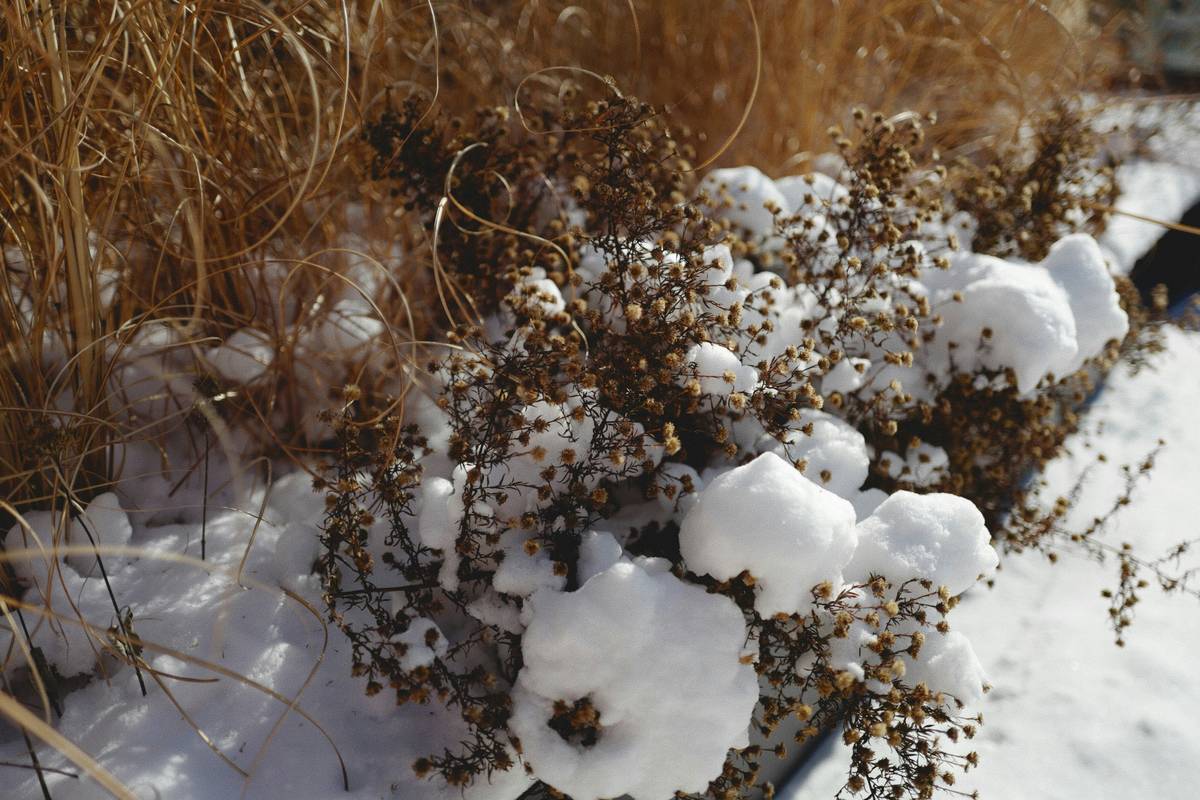Did you know that hailstorms cause over $1 billion in damages annually to U.S. crops? If you’ve ever watched a promising harvest turn into a disaster after a sudden hailstorm, you’re not alone.
In this article, we’ll dive deep into what a crop hail coverage plan is, why it’s essential for your farm’s financial stability, and how to find the perfect coverage for your unique needs. By the end of this guide, you’ll learn:
- Why crop hail insurance is a non-negotiable for farmers.
- A step-by-step process for selecting the right plan.
- Proven tips to maximize your coverage while minimizing costs.
Table of Contents
- Why Does Crop Hail Insurance Matter?
- How to Choose the Right Crop Hail Coverage Plan
- Top Tips for Getting the Most Out of Your Policy
- Case Study: A Farmer’s Success with Hail Coverage
- Frequently Asked Questions About Crop Hail Coverage Plans
Key Takeaways
- Hailstorms are unpredictable and costly—farmers need a solid crop hail coverage plan to protect their livelihoods.
- Selecting the right plan involves understanding your risks, comparing policies, and working with trusted insurance agents.
- Small tweaks like bundling coverage or increasing deductibles can save you money without sacrificing protection.
Why Does Crop Hail Insurance Matter?
I once ignored crop hail insurance because I thought my fields were “safe.” Two weeks later, an unexpected storm wiped out half my wheat harvest. Lesson learned the hard way—hail doesn’t care where you live.

Here’s why crop hail coverage plans are more critical than ever:
- Farm Income Protection: Hail damage isn’t just physical—it cuts straight into your cash flow.
- Predictable Costs: Knowing exactly what repairs or replants will cost gives peace of mind.
- Safeguard Against Unpredictability: Weather patterns are changing. What worked last year might fail tomorrow.
Optimist You: “It won’t happen to me!”
Grumpy You: “Yeah, until it does—and then who pays?”
How to Choose the Right Crop Hail Coverage Plan
Choosing the best crop hail coverage plan is easier when broken down into steps. Let’s get started!
Step 1: Assess Your Risks
Ask yourself:
- Which crops am I growing?
- What historical weather data exists for my region?
- How much would total crop loss cost me?
Step 2: Compare Policies
Shop around! Don’t settle for the first offer. Look at:
- Deductibles vs. premiums.
- Coverage limits (e.g., per acre).
- Additional riders for wind or flood damage.
Step 3: Work With Experts
Find an agent familiar with farming. They’ll help customize coverage tailored to your operation.
Top Tips for Getting the Most Out of Your Policy
Want insider hacks for saving money while still staying protected? Here’s how:
- Bundled Discounts: Combine other agricultural insurances (livestock, equipment) with hail plans.
- Raise Deductibles: Be willing to pay slightly more upfront if a claim arises—but lower monthly costs.
- Review Annually: Never set it and forget it; update coverage as your farm grows.
Terrible Tip Alert: Skipping regular reviews of your policy could leave gaps in coverage that grow bigger every season. DON’T DO THIS!
Case Study: A Farmer’s Success with Hail Coverage
Mary, a soybean farmer from Iowa, recently shared her story. After purchasing a crop hail coverage plan, she faced a devastating late-summer storm. Her insurer covered nearly all repair costs, allowing her to break even despite the setbacks.

“My mistake was waiting so long to invest,” says Mary. “Now, I sleep better knowing insurance has my back.”
Frequently Asked Questions About Crop Hail Coverage Plans
What Does a Typical Crop Hail Coverage Plan Include?
Most plans cover repair/replacement costs due to direct hail damage and sometimes additional perils like wind.
Can I Get Coverage Mid-Season?
Yes, but rates may vary depending on timing and existing conditions.
Is Wind Damage Covered Too?
Some policies include optional add-ons for winds. Check with your provider.
Conclusion
Building a solid crop hail coverage plan might seem daunting, but it’s worth every penny. Whether you’re protecting against unexpected storms or ensuring your farm survives another year, having the right coverage means less stress and more success.
Recap:
- Evaluate your specific risk factors before choosing.
- Maximize savings through smart bundling and annual checks.
- Learn from others’ mistakes—get insured early.
Hail beats down the stalk,
Yet wisdom shields the wise heart,
Farm strong, insure well.



